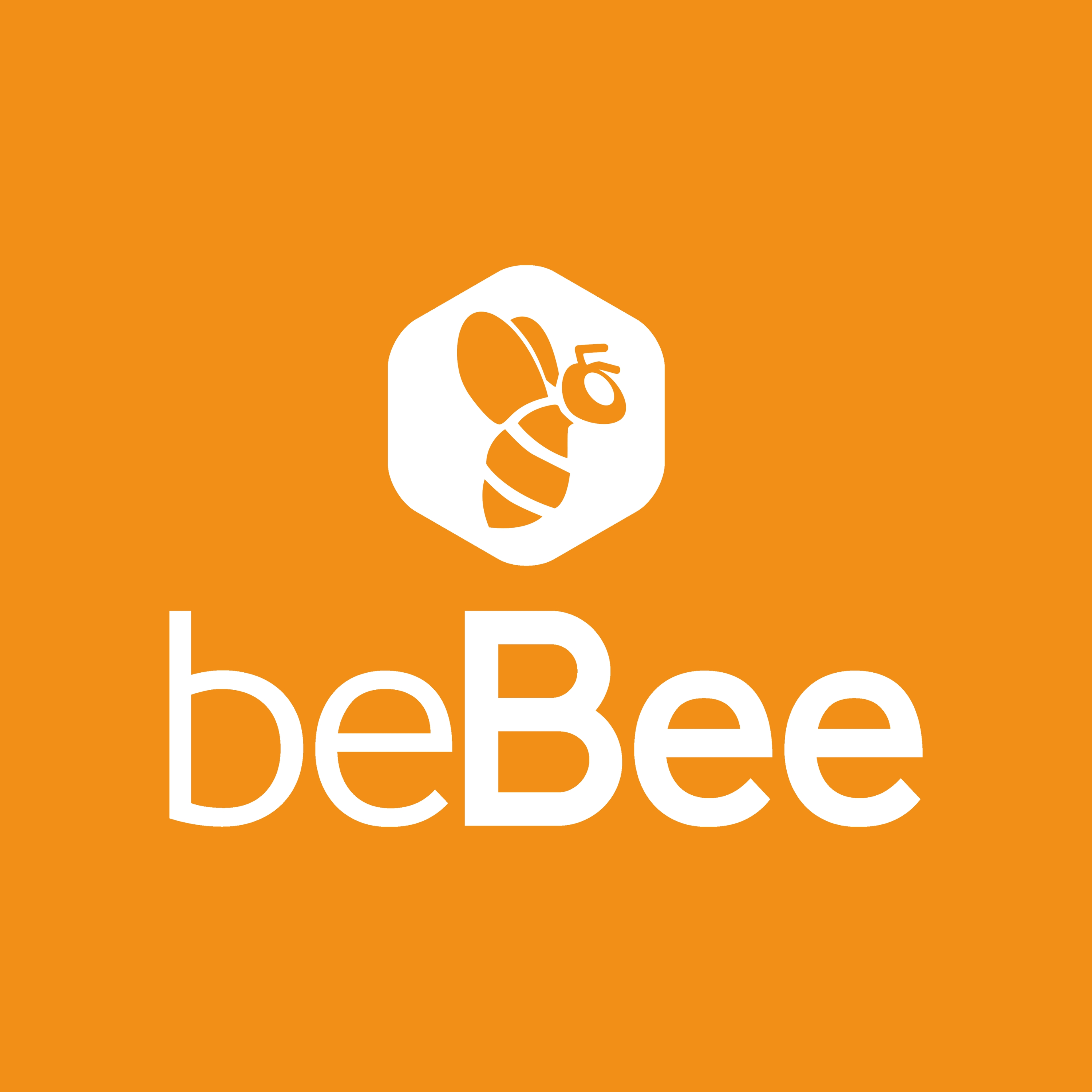Welcome to the Learning Curve

New to writing? Then welcome to the learning curve! Writing is like other crafts in that it has a vocabulary of specific terms for structures and processes. When you set out to be a writer, you tend to stumble across words that don't always explain themselves.
The trouble is, you need to develop an understanding of those words so you can join in with the insider discussions and make sense of writing-related books and articles.
Now, I could use the rest of this article to provide you with a glossary of the terms I have in mind as I write this, but, believe it or not, doing that wouldn't help you learn as as much as you think it would.
Learning is a process
Your learning curve starts just outside your comfort zone. I specifically choose the term "learning curve" here, rather than the more usual "learning zone," because curve suggests dynamic and movement, both of which are core features in all processes. Learning is a process, and all processes need energy input.
In learning, that energy input comes in the shape of the time and effort it takes you to seek out, read, and think about the topic in question. The more energy you invest in your learning, the more deeply you engage with your topic, the more you'll learn. The more you can learn about what interests you, the more you'll understand. The greater your understanding, the better you'll be at whatever it is you want to do in each case.
Learning curves’ learning intensity
When you sit down to learn, you can do it superficially, as you would if you skim an article, or you can do it in depth, by working on a research project. In the first case, by staying near the surface of a topic, you'd create a flat learning curve. Most of what you learn on a flat curve is quickly lost or overlaid by the next thing you learn. If you learn in depth, you create a steep learning curve. You'll find you retain a lot of what you learn as you climb a steep learning curve. In other words, if you really want to learn something, its worth investing time and energy in acquiring topic skills.
Stepping out onto the learning curve
The writing activity in this article will help you start step out onto your learning curve by providing you with a guide--a framework to fill. By the time you've worked your way through the entire activity, you'll know most of what a serious writer needs to know to get started.
Research activities: the royal road to learning
This is an invitation to a personal research project. I'll provide a framework to guide you, and you'll be able to fill that framework with answers that meet your needs.
The framework in this activity is a list of terms. Your part of the learning task is to go online and use a search engine (or go to a library and use books) and research the terms to find out what they mean in the context of writing.
Commit yourself to a time frame
You won't get much out of this process through a 30-minute do-and-tick approach – that would mean you were planning to create a flat learning curve – so plan in some time for your learning. You can take as long as you like to complete the process, but I suggest you set yourself a time limit: one week if you have time to concentrate, one month if you have a heavy schedule of work and family commitments that eat up most of your time and concentration. The more intense and time-concentrated a learning process is, the more you'll retain.
Back to basics: the ABC of writing
In this activity you'll explore the ABCs of writing. Your aim is to develop a writer's vocabulary and an appreciation of what the main aspects of writing involve. Through your research you'll also gain an understanding of how each term melds with the others and creates a sense-making whole.
Use the list as a checklist. You don't need to research your terms in the ABC-order, but some writers find that it helps to move forward systematically that way.
Use search engines
Visit search engines (or your local library) and type in the ABC words (below) as your search terms. Find resources that make sense to you and study them.
Here are some key writing terms for you to explore:
A - archetypes (characters), anecdote, author intrusion
B biography, book lengths, beginnings, baby-boomer readers
C characterization, copyright, cliché, conflict, critique
D denouement, dialogue, description, drama, diction
E essays, exposition, editors, endings
F fair use, falling action, flashback, foreshadowing
G - genre, grammar
H heroine, hero and protagonist, hooks
I imagery, internal conflict, interior monologue
J journalistic writing
K kill fee (journalism and magazines)
L literary writing style, locations (setting), language
M mood (atmosphere), melodrama, metaphor, motif, mystery
N narrative, narrator, novel, novelette, novella
O order of telling (chronology), omniscient narrator
P point of view, plot, purple prose, plagiarism, pacing
Q quotation formats, query letters
R reader identification, rising action, rewriting, romance
S sensory writing, short story, suspension of disbelief
T tone, theme and premise, third-person narrative
U unsolicited manuscripts
V voice, villains, vocabulary
W writer's guidelines, writer's block, writing groups
X eXercises and prompts
Y young adult fiction
Z zest!
Summarize your findings
When you feel you've grasped a topic, summarize what you've learned about it in a paragraph of 3-4 sentences. Imagine you are writing your list for a would-be writer who knows absolutely nothing about the terms. Write to answer the "What is..." and "Why must we..." questions for each term.
Paste your paragraph into the ABC list. Doing that will help you create a personal writing glossary as you work. The big benefit of working this way is that because the glossary summarizes your learning in your words, you'll retain more of what you learn than you would by using other methods.
Articles from Junie Rutkevich
View blog
Have you ever needed a handyman, or wanted to find a local bakery to make your son’s birthday cake? ...

"Different toys can influence children's behavior in different ways." · A moment of reflection hit m ...

CCTV is the abbreviation from closed circuit television and it refers to transmitting a signal to ad ...
You may be interested in these jobs
-
Patient Service Specialist, Ophthalmology
Found in: Indeed US C2 - 2 days ago
Guthrie Health Bath, United States Full time*Position Summary: * · The Patient Service Specialist provides direct, daily operational front office support in a manner consistent with Guthrie Medical Group's Service Excellence Standards. The Patient Service Specialist will continually demonstrate Patient Centeredness, Teamwo ...
-

Moving in 15680 Ordes"
Found in: Handyman CS US - 2 hours ago
Direct apply
beBee Handyman Bliss Corner, MA, United States FreelanceWe are looking for a reliable moving service in Bliss Corner, MA. We are open to receiving photos or having someone come by to assess the items that need to be transported. The date is also flexible, so if you provide us with a contact phone number, we can give you a call to disc ...
-

Install ceiling fan
Found in: Handyman CS US - 2 hours ago
Direct apply
beBee Handyman Golden Valley, NV, United States FreelanceI need to mount and install a ceiling fan in Golden Valley, NV. We attempted to do it ourselves but it didn't work out and now we are waiting for a new one. I would like to hire a professional for this job.Number of fans to be installed · 1 · Type of ceiling fan(s) to be installe ...

Comments